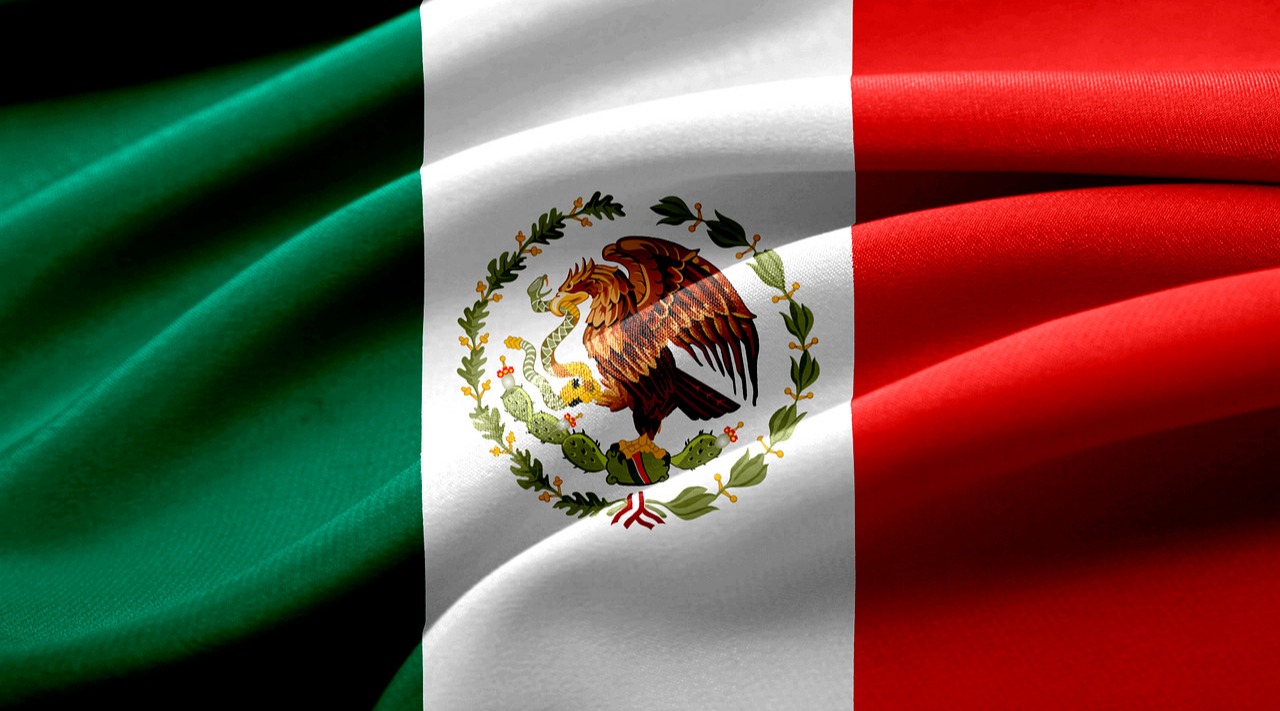On December 29, Mexico revealed that the country would roll out a new central bank digital currency (CBCD) by 2024. That is according to a tweet posted on Wednesday evening by the Mexican government. Through its Twitter account, the federal government stated that by 2024, Banco de México (the Central Bank of Mexico) would have its own CBDC in circulation, considering such new technologies and the next-generation payment infrastructure are highly important as they will help Mexico to become more financially inclusive.
In a recent video conference hosted by S&P Dow Jones Indices, Jonathan Heath, the Deputy Governor at Banco de Mexico, disclosed that Mexico's Central Bank plans to have its national digital currency in place by the end of 2024 at the latest. “We are working on a project, we even have a timeline where we think that perhaps by the end of 2024 at the latest, we should have it operating perfectly well (CBDC),” Heath stated.
Regulators Racing to Catch Up with Crypto Boom
Mexico joins Peru and Brazil as Latin American countries push to develop a central bank digital currency. In addition, neighboring Chile is holding discussions of launching its CBDC in 2022. The development comes at a time when policymakers across the world seek to keep pace with rapidly spreading cryptocurrencies.
Mexico’s plans for launching a CBDC comes a few months after Andrés Manuel López Obrador, the President of Mexico, stated in October that the nation is unlikely to follow in El Salvador’s footsteps by adopting crypto-assets, such as Bitcoin as legal tender alongside its fiat currency.
In June, Arturo Herrera, Mexico’s Finance Minister, mentioned that cryptocurrencies are not legal tender assets nor treated as currencies within the nation’s current regulatory framework. His announcement came after billionaire Ricardo Salinas Pliego said that he was working to make Banco Azteca, a consumer banking company, become the first bank in Mexico to accept Bitcoin. Salinas, who is a Bitcoin bull, is the Founder of Banco Azteca.
In July, Mexico's Financial Intelligence Unit (UIF), the agency in charge of cracking down on money-laundering operations, accused 12 cryptocurrency exchanges of not complying with its reporting requirements. The agency stated that the 12 exchanges were not registered with the regulator and have been operating illegally in the country.


















